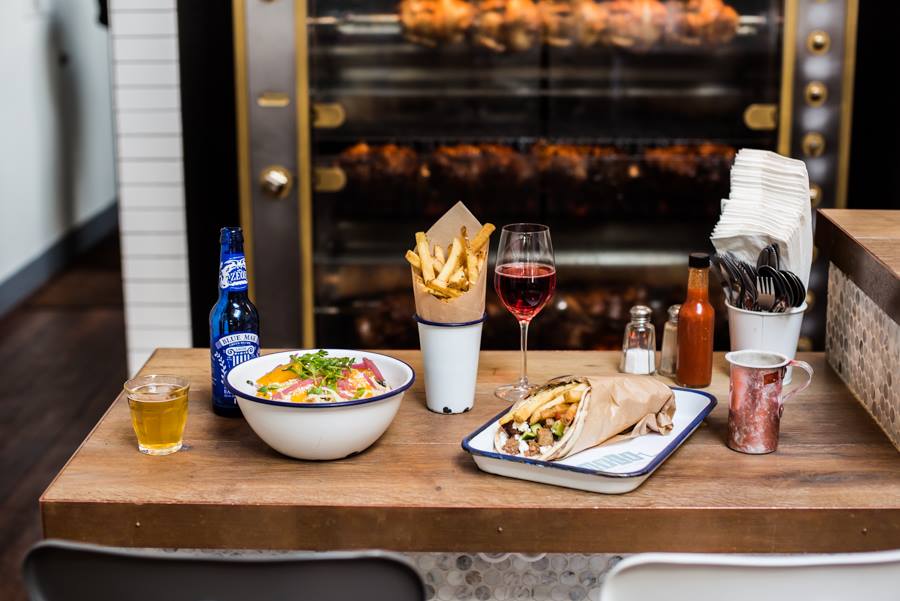San Francisco Restaurants Can’t Afford Waitstaff

Photo Caption: The counter at Souvla, a fast-fine Mediterranean restaurant group in San Francisco
Skift Take
Whatever you call it, this fine casual, fine fast, counter service model of business is working — in SF and beyond.


